- Home
- /
- Blog posts
- /
- Foods That You Shouldn’t...
Most of us like to give our dog treats, but there are certain foods to be aware of that could cause potential harm to your pet. Some foods and drinks that we eat just aren’t suitable for dogs and can make them unwell and can even have fatal consequences.
What to expect from our article
Alcohol and Caffeine
Though alcohol may seem like a fairly obvious substance that you shouldn’t give your dog, it’s worth a mention just because of the dangers it can pose to them. Alcohol can affect their brains and livers, just as it does with humans. Even a small amount can cause damage and it can also bring on respiratory distress.
Drinks that contain caffeine are very bad for dogs. Beverages such as tea, coffee and other caffeinated drinks can cause the following:
- Restlessness
- Twitching
- Fast breathing
- Raised blood pressure
- Fever
- Vomiting and diarrhea
- Seizures
Sweets and Chocolate
A more obvious food that dogs should stay away from is sweets. Sweets contain high amounts of sugar, and whilst they aren’t always toxic to dogs, they aren’t particularly good for them either. Feeding your dog sugary treats over a prolonged time period can lead to problems such as obesity and even diabetes. These conditions can shorten their lifespan and make them unwell.
A specific ingredient often found in sweets is a sweetener called xylitol which is widely used as a sugar substitute. Even in small amounts, xylitol can cause low blood sugar, liver failure, and seizures.
Chocolate is poisonous to dogs as the theobromine from cocoa beans and caffeine can be fatal if ingested. You should never give chocolate to your dog, but something to note in case of accidental consumption is that the darker the chocolate, the more dangerous it is. This is because white chocolate has the lowest level of methylxanthines, whereas milk and dark chocolate have higher levels.
The smaller the dog, the less the amount it takes for symptoms to appear. In large amounts, chocolate can cause death.
Grapes and Raisins
Grapes and raisins are often used as treats for dogs, but surprisingly, you shouldn’t be feeding them these fruits at all. It is unknown what it is in grapes/raisins that is bad for dogs, but it’s best to keep them away from them. Even peeled or seedless grapes should be avoided. Ingesting the fruit can lead to sudden kidney failure that can be fatal.
Onions and Garlic
These foods are often used in many dishes to give additional flavouring to the meal. They can cause gastrointestinal irritation in dogs, which is one of many complications that can arise after consuming onion or garlic.
These vegetables and herbs are known to attack the red blood cells in the body and can cause your dog to become anaemic. Other issues can also occur such as weight loss and lethargy.
Bones and Fat Trimmings
Whilst leftover animal carcass may seem like a treat for a dog, small cooked bones can cause punctures in the digestive tract which can be very dangerous. These bones are also a choking hazard. Edible raw bones are a better alternative for your pet.
On the same subject, another food to avoid is fat trimmings and other really greasy foods that can cause pancreatitis in dogs. Symptoms of pancreatitis include:
- Loss of appetite
- Stomach pain
- Vomiting and diarrhea
- Fever or low body temperature
- Lack of energy
- Breathing difficulties
- Dehydration
It is unknown exactly what causes irritation of the pancreas, but some breeds are more prone to it.
Nuts
Most nuts can pose a threat to your dog, due to them being high in fat and a potential cause of pancreatitis, upset stomach or bowel obstruction. Those are just some of the risks associated with nuts. Whilst not all nuts are toxic to dogs, it’s important to double check what you’re feeding them. They can also cause risk of choking, which is something to be mindful of.
Macadamia nuts are widely known to cause neurological damage in dogs. Symptoms of this can include leg weakness, tremors, and paralysis. Another high risk food that falls under this category is walnuts, which can be toxic. Moldy walnuts contain a fungi that is especially dangerous once consumed. It can cause your dog to have seizures and other neurological issues.
Even though certain nuts can cause a variety of problems, it is worth noting that not all varieties of nuts are dangerous. For example, the beloved dog favourite, peanut butter, is still safe to give your dog as a treat in moderation. It contains proteins and vitamin B, which is good for them. This is as long as it doesn’t contain the ingredient ‘xylitol’, which as mentioned above, is toxic.
Avocado
Whilst avocado is becoming an increasingly popular healthy food substitute for people, it is a food that you should avoid feeding to your dog. This is because it contains an ingredient called persin, which is considered poisonous. Dogs are more resistant to persin than other animals, but it can still be dangerous for them to consume.
Fruits with Stones, Pips or Seeds
Different fruits can be a danger to dogs for a multitude of reasons. Any fruits with stones become an automatic choking hazard if given to your dog whole. They can also cause obstructions in the intestine, especially in smaller breeds.The stone in a peach, plum or any other stone fruit also contains cyanide. Even though they would have to eat multiple of these stones for it to become fatal to them, it’s still best to stay away from them all together. The amount that should be a cause of concern depends on the size and weight of your dog. Symptoms of cyanide poisoning to look out for are:
- Laboured breathing
- Bright red gums
- Dilated pupils
- Convulsions
- Salivation
Apples are a great alternative fruit to give to your dog as they contain vitamins and fibre. However, similarly to stone fruits, the pips in the core of an apple also contain cyanide. Always remember to remove the core of the apple before giving it to your dog.
Dogs can eat tomatoes, as long as they don’t eat the leaves and stem. Tomatoes contain solanine, which in small amounts won’t cause any issues, but there are higher volumes of solanine in the leaves and stem, so it’s best to remove them to avoid tomatine poisoning. Whilst it is rare to be fatal, symptoms of tomatine poisoning to look out for are lethargy, tremors, abdominal pain, and vomiting and diarrhea.
Tinned fruits should also be avoided due to the high amounts of sugar present.
Dairy
Just like humans, dogs can also be susceptible to lactose intolerances. Dairy can cause digestive issues and diarrhoea. These products aren’t necessarily toxic to dogs, but they also aren’t necessary for their diet. Dogs can eat cheese in moderation unless they have a lactose allergy or are prone to an upset stomach. However, you shouldn’t give them blue cheese as the mould that makes it blue can make them ill. If you want to learn more about what food your dog should eat, see out guide on appropriate diets for dogs.
Essential Oils
Another thing to be weary of around your dogs that isn’t an item of food is essential oils. Essential oils are becoming more and more popular to use in homes, but they may have negative effects on your dogs. Applying such oils directly to their skin can be very irritating and add to their discomfort instead of aiding it, so it’s best to avoid doing so.
The chemicals in essential oils are absorbed into the system and then absorbed by the liver. Also, if your dog is able to reach the area where you have applied the oils, they can lick at the area, causing an upset stomach.
Dogs have a very good sense of smell, more so than people. The smell would be much more potent to them if you were to use a diffuser in your home. Using these oils incorrectly can also cause breathing difficulties and even changes in behaviour.
Some essential oils are actually poisonous to dogs if they are either inhaled or directly in contact with them. Some of these include:
- Tea tree
- Peppermint
- Pennyroyal
- Eucalyptus
- Cinnamon
- Citrus
- Wintergreen
If you are planning to use any essential oils in your home and are unsure about anything, contact a vet for advice.
In the event that your dog has consumed any of the foods from this list and/or is showing symptoms of poisoning, you should contact your vet immediately for advice on how to proceed.

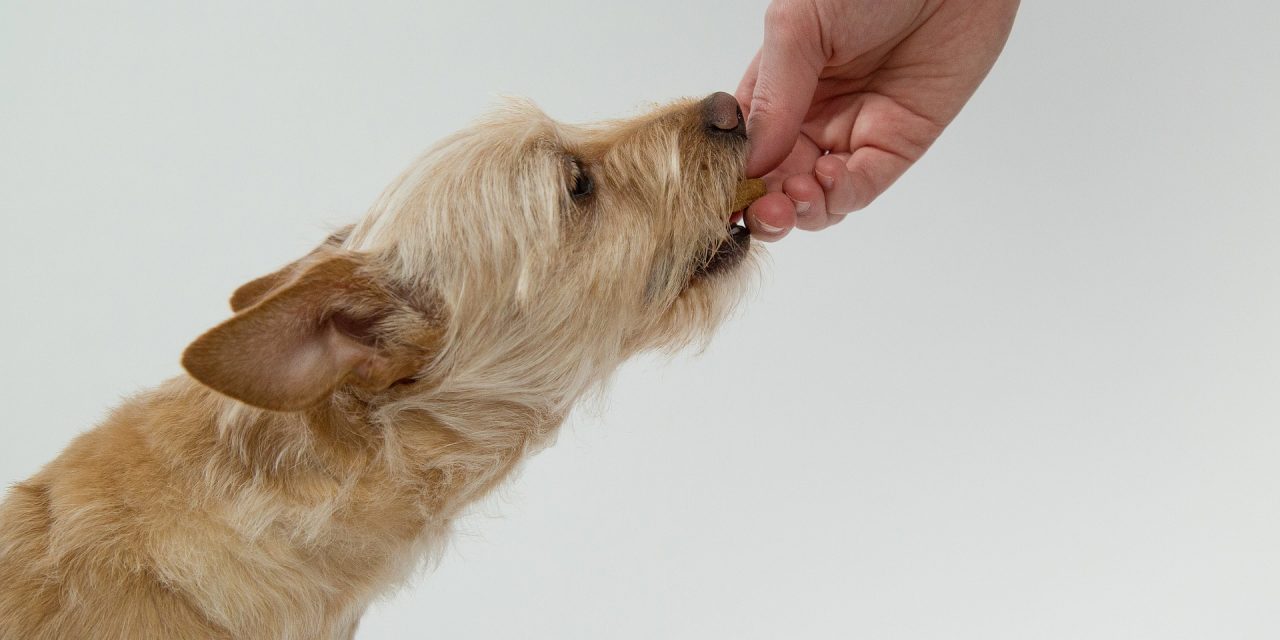
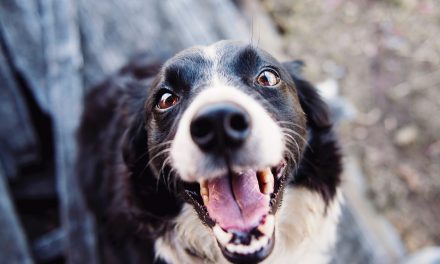
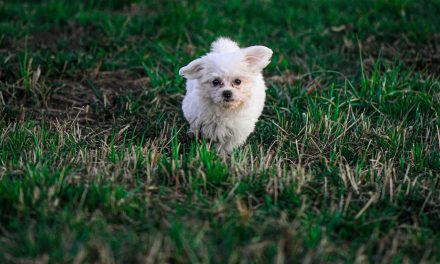
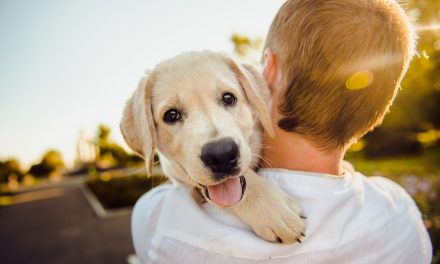





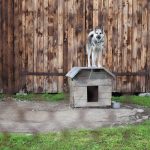
Trackbacks/Pingbacks